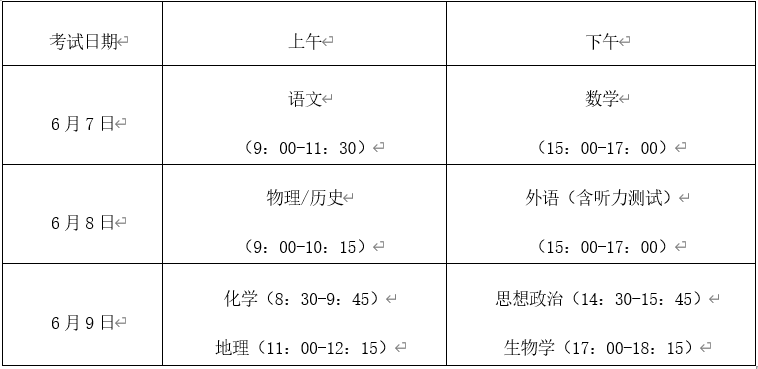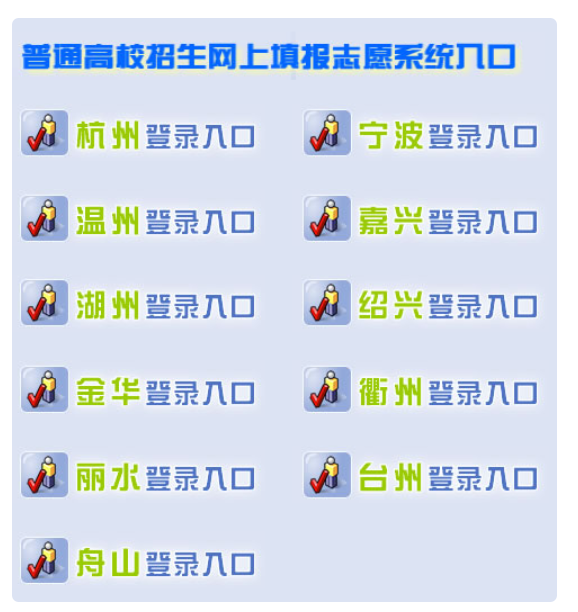选择题中五个高频词组辨析
1. especially, specially
especially adv. 特殊地;特别是
(1)侧重于多种事物或人中比较突出的。I like all the subjects at school, especially English. (特别是英语)
(2) especially 后可接介词短语或从句。I like the Yuelu Mountains, especially in spring. (特别是在春季) Noise is unpleasant, especially when you are trying to sleep.
specially 侧重特意地、专门地做某事 (后面常接for sb. 或to do sth.)
I made a chocolate cake specially for you.
2. boring, bored, bore
boring adj. 让人厌烦的 The book is very boring.
bored adj. 感到厌烦的 Im bored with the book.
bore vt. 让人厌烦 This book bores me.
有的表示情感的及物动词,有与bore类似的使用方法。如:interest, excite, surprise, amaze, frighten, astonish, move, inspire, touch, scare, disappoint, puzzle, worry 这种词的目前分词形式,为让人;过去分词形式,为感到。
3. except for, except, but, besides
表示除去的词或短语有:except; but; except for; besides; except that (when...) 等。
(1) except 和 but 都表示除去以外。没,二者大部分状况下可以互换;但在no, all, nobody, nothing, no one 等词后多用 but。No one knows our teachers address except / but him. (排除him)
(2) besides 除以外,还,有附加性。What other foreign languages do you know besides English? (English与other languages都是know的范围)
(3) except for 只是,整体一定,部分修正,用于排除非相同种类事物,for表示细节上的修正。 Your article is well written except for a few spelling mistakes.
4. know, know of, know about
(1) know 用作动词,意思是(直接地)获知,了解,认识,熟知。I dont know whether he is here or not. / I know him to be honest.
(2) know of和know about的意思都是(间接地)获知,指听其他人说到或从书报上看到,二者没什么不同。
5. for example; such as
(1) for example比如,用来举例说明某一论点或状况。一般只举相同种类人或物中的一个为例,作插入语,可坐落于句首、句中或句末。可用for instance替换。For example, air is invisible. / His spelling is terrible! Look at this word, for example.
(2) such as 比如,用来列举事物,一般列举相同种类人或事物中的几个例子。插在被列举的事物与前面的名词之间,as后面不可有逗号。Some of the European Languages come from Latin, such as French, Italian and Spanish.
[注意]如把前面所述状况全部举出,用that is或namely。
5个高频率的短语要点
1. 含all的短语
1) first of all 第一 (强调顺序)
2) in all (=in total=altogether) 总共
3) after all 毕竟,终究
4) at all 到底,根本
5) above all 非常重要的是 (强调重要程度)
6) not (...) at all (= not (...) in the least) 根本不,一点也不
7) all the time 一直,一直
8) all of a sudden (=suddenly) 忽然,冷不防
9) all right 行,可以
10) all at once 立刘,立刻
11) all day and all night 日日夜夜
12) all over 遍及
13) all alone 独个儿,独立地
14) all but 几乎,差一点
15) all in all 总的说来
16) all together 一道,同时,总共
17) for all 尽管
2. at all
(1)用在一定句中,居然 Im surprised that you came at all.
(2)用在否定句中,一点也不 There was nothing to worry about at all.
(3)用在疑问句中,到底到底 Have you been there at all?
(4)用在条件句中,真的,确实 If you do it at all, do it well.
3. 含be + 形容词 + 介词的短语
1) be good at 善于于
2) be interested in 对有兴趣
3) be pleased / satisfied / content with 对认可
4) be famous for 因而出名
5) be kind / good to 对好
6) be lost in 沉湎于
7) be active in 在某方面积极
8) be sure about / of 确信
9) be afraid of 害怕
10) be full of 充满
11) be filled with 充满
12) be made of / from 由组成
13) be generous to 对慷慨
14) be popular with 受青睐
15) be confident of 确信
16) be fond of 喜欢,喜欢
17) be angry with / at 对发脾气
18) be late for 迟到
19) be amazed / surprised / astonished / shocked at 对感到惊讶
20) be busy doing 忙着做
21) be excited about 对感到开心
22) be worried about 担忧
23) be used for / as 用于
24) be curious about 对好奇
4. end up with...以结束
(1) end up with + n. 以结束
The party ended up with the singing of Auld Lang Syne.
(2) end up as...最后成为He will end up as a president some day.
(3) end up + 地址状语最后(有结局) If you drive your car like that, youll end (up) in hospital.
5. make + 名词 短语
① make a noise 吵闹
② make faces 做鬼脸,做苦脸
③ make room for 给腾出地方
④ make the bed 整理床铺
⑤ make phone calls 打电话
⑥ make friends with 交朋友
⑦ make money 赚钱
⑧ make use of 借助
⑨ make a decision 做出决定
⑩ make a mistake 犯了错误误


